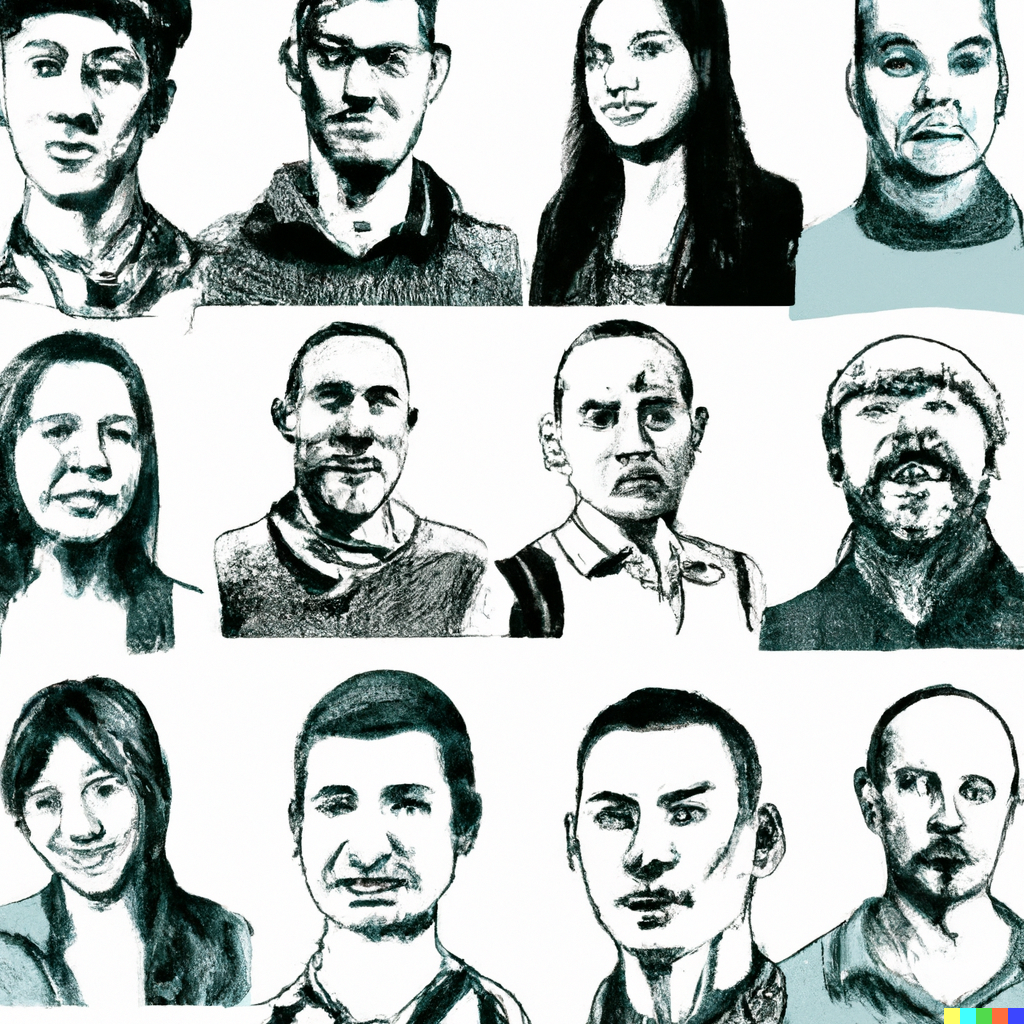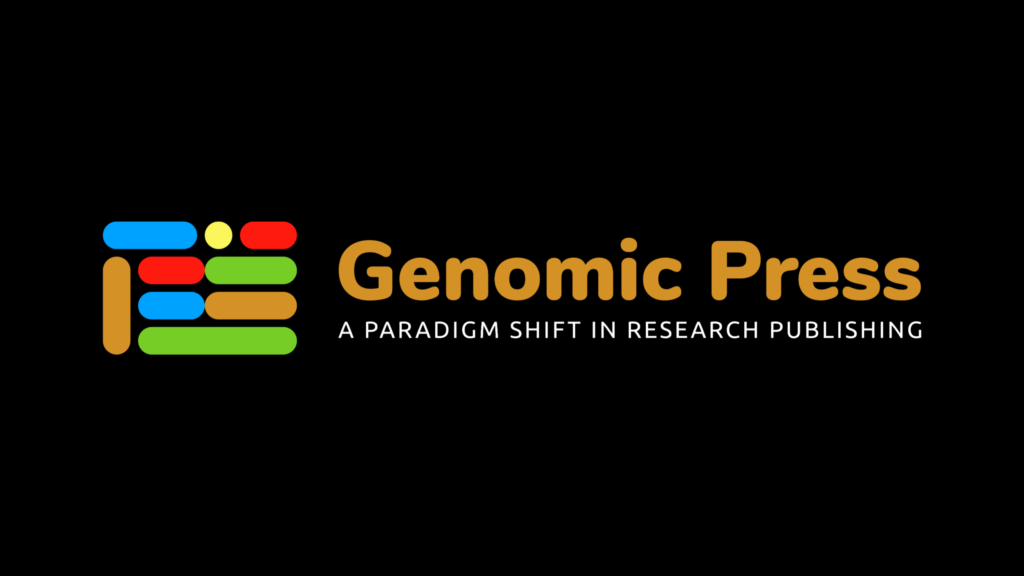In the United States, the challenges presented by mental health and addiction have grown to alarming proportions, rapidly becoming a true public health crisis that requires immediate attention and action. The rising incidence rates and associated costs serve as harbingers, warning us of an urgent need to intensify our efforts in research and innovation in the field.
The statistics are disturbing. According to the Substance Abuse and Mental Health Services Administration (SAMHSA), as of 2020, approximately one in five adults in the US – nearly 51.5 million people – experienced mental illness. Additionally, 21.6 million people aged 12 or older battled a substance use disorder. The annual costs of these disorders are estimated to exceed one trillion dollars.

This crisis is not a silent one. It impacts our communities, and the death toll indicates the severity. The Centers for Disease Control and Prevention (CDC) reports that over 93,000 people died from drug overdose in the US in 2020, representing a nearly 30% increase from the previous year. More alarmingly, suicide is now the 10th leading cause of death in the US, with over 47,500 lives lost to suicide in 2019.
The economic burden of these issues is colossal. Serious mental illness costs America over $190 billion in lost earnings per year, and the economic impact of illicit drug use, including costs related to crime, healthcare, and productivity, is estimated to be $600 billion annually.
Despite the pervasive nature of mental health and addiction issues, treatment rates remain low. In 2020, SAMHSA reported that only 45% of those with mental illness received treatment, and a meager 12% of individuals with substance use disorders received specialty treatment.
The crisis is not just about numbers. It is about real people — our friends, family, neighbors, and colleagues — who are suffering. And it is about a health system that is failing to respond adequately.
So, what can be done? The answer lies in research that advances our understanding of mental health and addiction. Such research can help us develop more effective treatments, provide better resources for those affected, and create preventative measures to stop these problems before they start.
As we forge ahead in the face of this crisis, research must be the beacon that guides our path. The need for research to advance our understanding of mental health and addiction has never been more critical. We must prioritize, fund, and act on the insights gleaned from research to better address and, hopefully, curtail this escalating crisis.
Only then can we aspire to an America where mental health and addiction are no longer hidden in the shadows but addressed openly, honestly, and effectively, leading to healthier and better lives for all.


